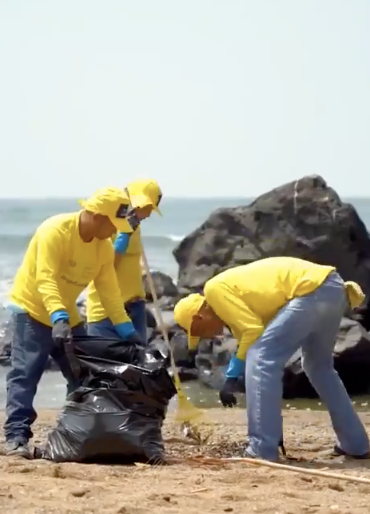The Zero Leisure Plan, launched by President Nayib Bukele of El Salvador, is an initiative that aims to reform the country’s prison system. Under this plan, prisoners are required to work while serving their sentences, engaging in productive activities that contribute to their rehabilitation and the betterment of society. The program is designed to eliminate idleness in prisons and promote self-sustainability.
The plan includes a wide range of activities, such as agricultural work, carpentry, masonry, plumbing, shoemaking, athletics, and education. These activities not only help prisoners acquire new skills and knowledge but also provide them with opportunities to contribute positively to society. For instance, some inmates have been involved in risk mitigation works during natural disasters and in renovating schools, police headquarters, and healthcare buildings.
The Zero Leisure Plan has been praised for its effectiveness in reducing crime rates and improving the lives of prisoners. It has also been noted for its cost savings, allowing the government to invest in additional inmate education opportunities. The program is seen as a benchmark for prison reform, not just in El Salvador but potentially internationally.
Naturally, the plan has also been the subject of controversy, particularly regarding the conditions under which prisoners are displayed and the use of their labor. Some critics have raised concerns about human rights violations and the potential exploitation of prisoners.
What do you think?
The president of El Salvador 🇸🇻, Nayib Bukele, launched the Zero Leisure Plan, so that all prisoners in the country have to work for their food in prisons and repair the damage they have done to society.
— BowTiedMara (@BowTiedMara) June 28, 2024
pic.twitter.com/Q5pgNHOLe0
